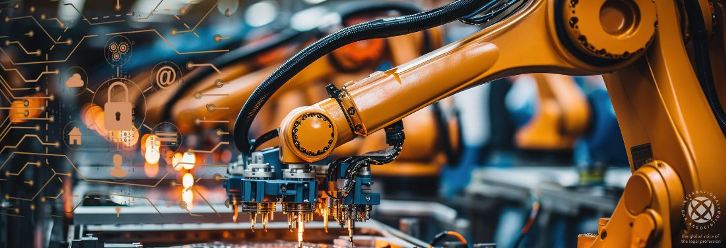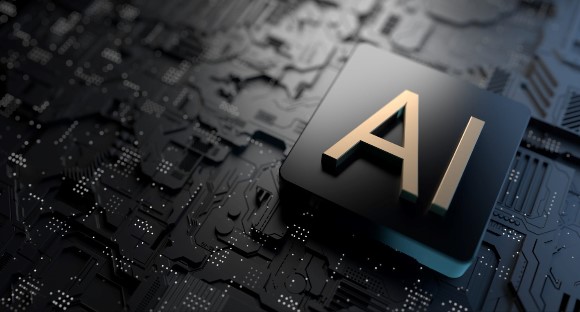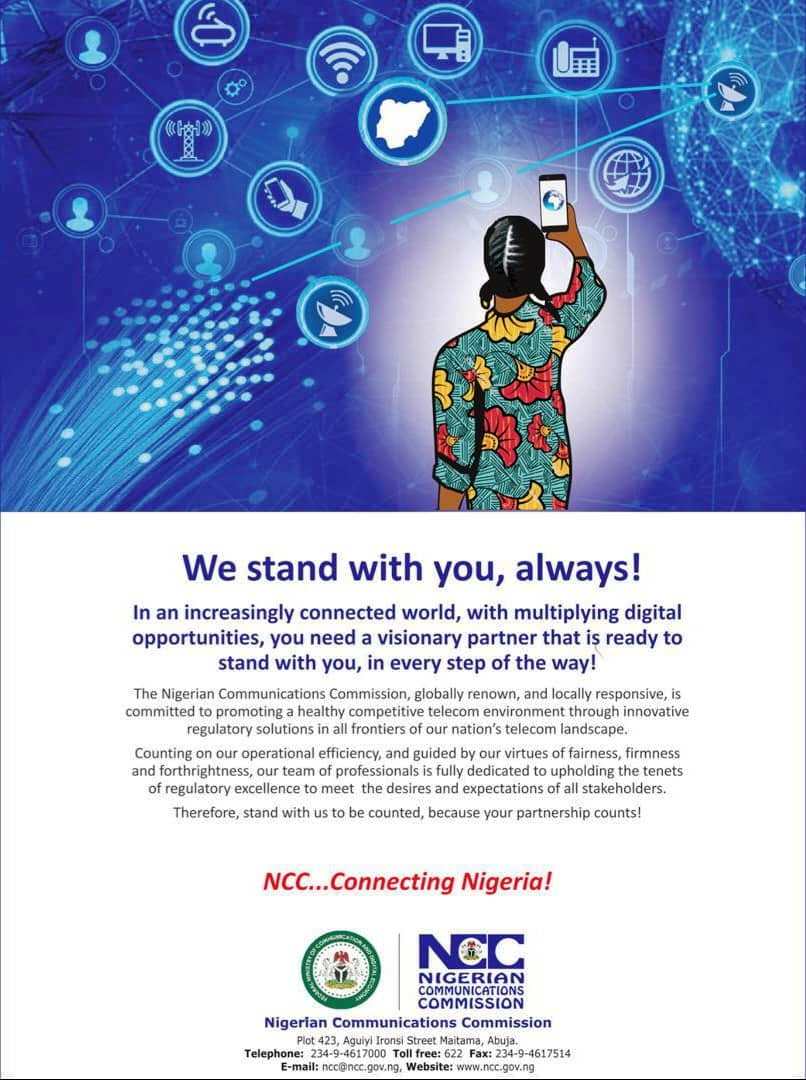The results of an in-depth study released by the International Bar Association (IBA) Global Employment Institute (GEI) has revealed an urgent need for policymakers to establish a comprehensive, adaptable legal framework to manage the integration of artificial intelligence (AI). The research demonstrates laws are lagging business reality and points to a gap increasing due to technical developments, changes in workers’ mentality, as well as social and environmental changes.
RELATED: IBA and CAIDP Report: How AI is reshaping the legal industry
Digitalisation (Artificial Intelligence and Robotics) and its Impact on the World of Work – Part II (the Report) is focused on the impact of digitalisation on jobs (including working conditions and social aspects), sectors and countries, highlighting the challenges faced by the workforce and labour markets as well as the opportunities. The Report is a free resource from the IBA – the global voice of the legal profession.
The general conclusion is that, while ensuring data protection and ethical considerations, labour laws (which centre on collective worker rights and the interactions between unions and employers) and employment laws (which address the individual rights and obligations of employees within a specific employment contract) require updating. The necessary changes are complex and interrelated, ranging from how environmental policies generate new jobs and necessitate new regulations to how taxation rules need to adapt new modes of working, such as the anticipated rise in the number of nomad workers. Intellectual property rights and corporate law are other legal sectors also requiring urgent revision.
Additional findings include:
- digitalisation affects the white-collar sector more than the blue-collar sector;
- generative AI is predicted to have a significant economic impact, as it has the potential to increase worker productivity by as much as 40 per cent, but there is also the risk of exacerbating wage inequalities;
- highly exposed professions, such as those in legal and medical roles, may benefit from AI’s complementarity rather than its ability to replace functions;
- AI adoption is likely to exacerbate economic disparities between low-income and advanced economies that are better poised to benefit;
- the COVID-19 pandemic sped up flexibility regarding remote working; and
- although unemployment is not an unrealistic scenario, there is the potential for millions of jobs to be created.
The Report’s primary authors are IBA Officers Dr Gerlind Wisskirchen, GEI Council Member and former Co-Chair of the IBA Employment and Industrial Relations Law Committee, and Dr Inka Knappertsbusch, Counsel at CMS Hasche Sigle.
Digitalisation and automation reshaping global labour market
Dr Wisskirchen, Partner at CMS Hasche Sigle and an expert in labour and employment law, commented: ‘Digitalisation and automation are reshaping the very fabric of the global labour market, transcending sectors and geographies.
AI is redefining not just how work is done but also what work means for society at large. To navigate this transformation, workers, companies and lawmakers must adapt swiftly to new challenges such as skill gaps and the legal ambiguities introduced by emerging technologies.’
AI and robotics are catalysts for transformation of how we work
Dr Knappertsbusch, Counsel at CMS Hasche Sigle and certified lawyer for labour and employment law, stated: ‘Artificial Intelligence and robotics are not merely tools, they are catalysts for a fundamental transformation of how we work, what we value in work and what it means to be a worker.
“We are entering an era where machines not only support us, but increasingly make decisions, assess performance and shape career paths. In this new world of work, human skills such as creativity, empathy and adaptability are becoming more, not less, relevant. The challenge lies in ensuring that technology augments rather than replaces the human contribution, and that organisations are equipped to manage this shift with foresight and responsibility.’
Re-imagining workers’ rights, corporate responsibilities in the digital age
Regina Glaser (Suffolk University), GEI Co-Chair and former Co-Chair of the IBA Diversity and Equality Law Committee stated: ‘We stand at a critical juncture where the fusion of AI and robotics with traditional industries can lead to unprecedented economic growth, but only if this progress is accompanied by robust legal frameworks and societal readiness.
“Workers’ rights and corporate responsibilities need to be reimagined for the digital age. AI and robotics are here to stay, whether they are replacing administrative duties or augmenting higher-level legal responsibilities. To be relevant, the legal profession needs to keep up with these advances and maintain its digital training initiatives.’
A distinction is made in the Report between AI, which affects white-collar workers, and automation affecting blue-collar workers. However, the Report’s authors advocate for adaptable laws to accommodate future developments in both areas of digitalisation. For example, flexible laws should also encompass social aspects such as introducing taxes on robots and improving social security for the self-employed. Another area for which the GEI encourages attention is sustainability, as data centres significantly impact precious resources like power and water.
Judicial system will benefit from productivity from AI
For the legal profession, the report highlights that the judicial system will likely benefit from increased support and productivity from AI without a direct threat to the role of judges. However, lower-level legal activities such as drawing up contracts or note making and administrative-based tasks are more likely to be affected by generative AI. Exposure to AI is also higher for women exposed to these types of roles which raises important questions around gender equality in the workplace.
Furthermore, the Report highlights research from the Organisation for Economic Co-operation and Development that estimates the chances of lawyers being replaced by intelligence machines currently stands at seven to eight per cent.
The Report concludes that the need for strong client relationships, creativity and analytical skills required to solve complex issues will remain crucial for some time. However, 85 per cent of lawyers from the study believed that AI would make more momentous changes in the profession in the next three years.
Generally, the Report includes the following recommendations:
- Skill development: both businesses and lawmakers should promote and support lifelong learning to close skill gaps and prepare workers for AI-enhanced roles.
- Investments and infrastructure: view technical innovation and AI as opportunities rather than threats. Governments and companies alike must make significant investments in digitalisation and its supporting infrastructure.
The Report builds on Artificial Intelligence and Robotics and Their Impact on the Workplace which was published in April 2017. That report primarily described the immediate future. Part II aims to provide an update on the far-reaching impact of the digital transformation on the rapidly changing labour market and labour relations, as well as on labour and employment law issues.
































